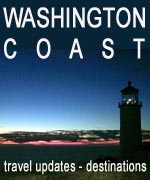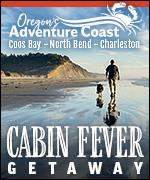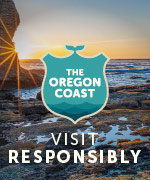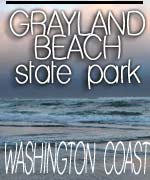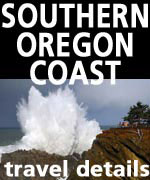Get Ready for 'Second Summer' on Oregon Coast, Washington Coast: Best Weather of the Year
Published 08/28/23 at 6:47 a.m.
By Oregon Coast Beach Connection staff
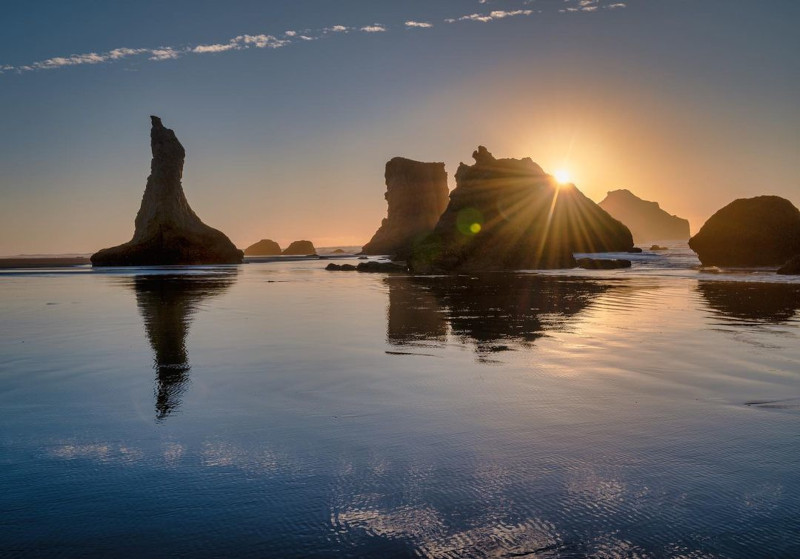
(Manzanita, Oregon) – When it comes to the Washington coast or Oregon coast, get ready for summer – the sequel. (Above: Bandon, photo courtesy Manuela Durson Fine Arts)
Includes exclusive listings; some specials in winter
In Cannon Beach:
Includes rentals not listed anywhere else
In Manzanita, Wheeler, Rockaway Beach:
Some specials for winter
In Pacific City, Oceanside:
Some specials for winter
In Lincoln City:
Some specials for winter
In Depoe Bay, Gleneden Beach:
Some specials for winter
In Newport:
Look for some specials
In Waldport
Some specials for winter
In Yachats, Florence
Some specials for winter
Southern Oregon Coast Hotels / Lodgings
Reedsport to Brookings, places to stay; winter deals
In fact, it may well be better than the summer on the beaches we just had.
It's nicknamed the “second summer” by many in the tourism world, and some locals think of it the “first summer,” depending on how the season really went. What it means is that the best of the weather of the entire year is likely coming up in September and October, bringing more blue skies, warmer temps and less wind – usually the warmest it gets along the coastline.
There's also some inviting aspects about whales being easier to spot, photographing getting easier, and more.
“Usually” is the big operative word: it doesn't happen every year. It's more than what many call an “Indian Summer,” however. That term has more to do with how summer extends into what is considered fall in the inland areas. Second Summer usually brings longer stretches of nicer weather to the coastlines of Oregon and Washington than what happened in summer.
Remember those foggy days on the coast when it was hot as hell inland? That likely won't happen nearly as much. There's a combination of weather factors coinciding together that bring this to fruition, including the fact the valley is a bit cooler in September and the ocean has been warmed up all summer, leaving less temperature differences between the two. That decreases the chance of pesky, foggy days in September and early October.
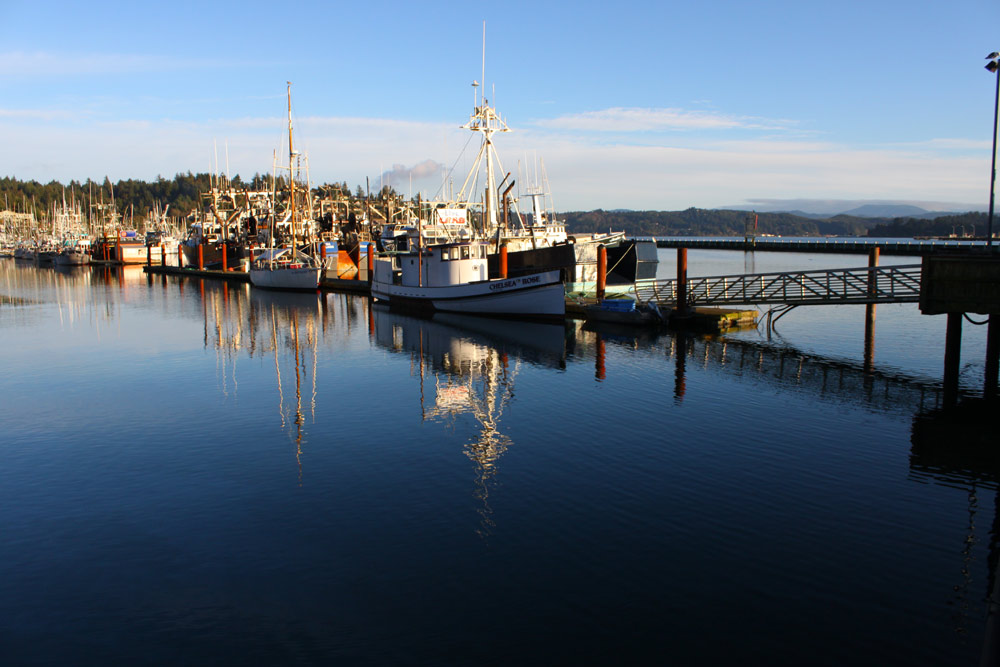
Don't be surprised to find a lot of days in the 70s or at least upper 60s along the Oregon coast and Washington coastline. Further south, Coos Bay to Brookings can swelter in the 80s, although that happens more often closer to Brookings. It's not unusual for Curry County beaches to get into the 90s on occasion, either.
In Washington, Westport southward tends to have the nicest conditions but it gets a little chillier the closer you get to Canada along the ocean beaches.
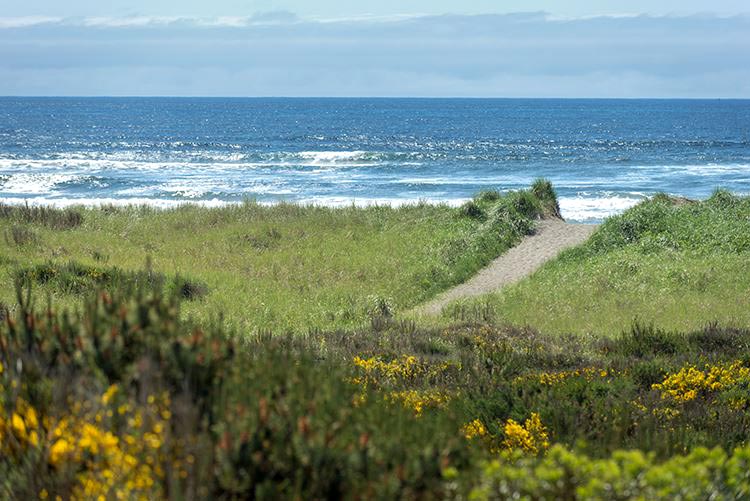
Westport, courtesy Washington State Parks
Beyond the lovely weather aspects, weekdays tend to have lesser crowds and there could be some price breaks for lodging still. However, through September is generally as busy as summer when it comes to weekends, and for those two days each week room prices don't drop from summer rates at all.
All this tends to last well into October. Normally, the turning point was mid October when the coastlines would take a hard left into stormy season. However, recent years have seen warmer and warmer Octobers happen longer, or storms come in for a bit and then suddenly a run of nice days hit at the end of the month.
By October, crowds definitely lessen but the weather sticks around. Weekends tend to mostly remain as busy as ever, but weekdays really drop in crowds and you start to see room prices inch down as well.
This was what was called the “shoulder season” in the coastal tourism biz: that boundary zone between summer's busy days and higher prices and winter's low rates. September used to be that, but the secret about second summer got out. Probably around 2012, with the advent of quicker access to weather apps and social media's photos of fine days, September really disappeared from the shoulder season concept. Hoteliers know they can get summer rates.
Look for deals on the weekdays, though. It happens.
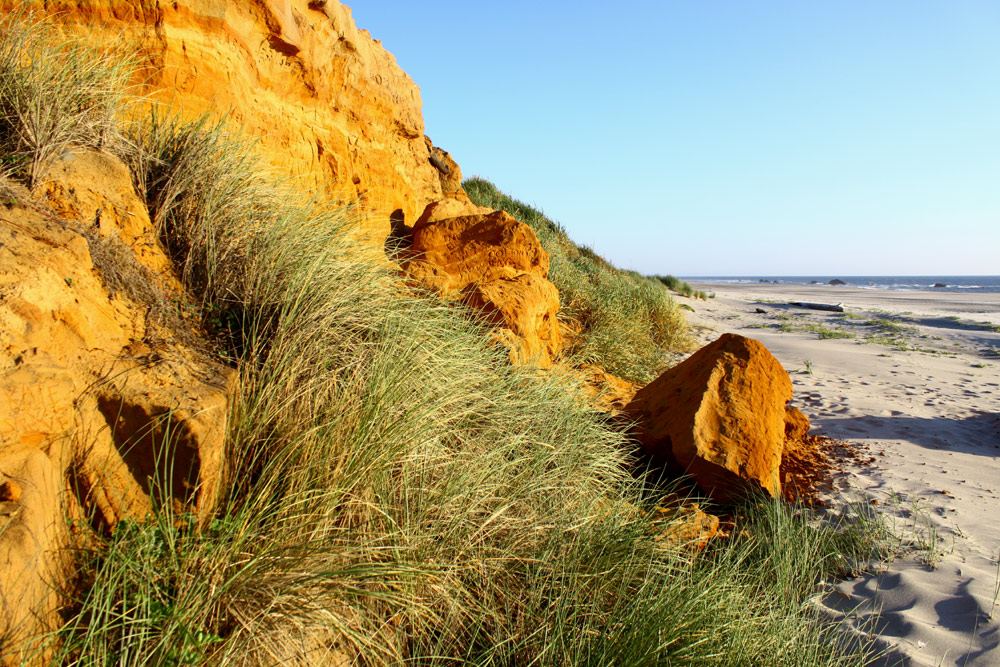
Getting a good taste of what second summer used to be like can still happen in October. Few knew about this in the '90s and 2000s, and September used to see hardly any souls on the beaches or roads when this gorgeous, downright paradise-like weather swooped in. However, that can still be hand in some parts of October - mostly.
Washington Coast Weather - Oregon Coast Weather
This time of year brings the calmest conditions by far. Every once in awhile, you'll see the ocean breakers so calm they lap timidly like waves on interior lakes. It's astounding.
On top of that, that lack of fog-inducing action creates situations where warmer winds from the south can come up, and then there are some days you can suddenly feel gushes of heated winds hit you. That, too, is astounding.
The lack of storm action means better whale watching: your chances of seeing them increase with no serious waves and lovely weather like this.
However, there is one warning about all this: you'll need sunscreen. When the winds have died down and the ocean reflects back the sun so intensely, your chances of getting sunburn greatly increase.
Oregon Coast Hotels for this event - South Coast Hotels - Where to eat - Maps - Virtual Tours
Cannon Beach Lodging
Nehalem Bay Lodgings
Manzanita Hotels, Lodging
Three Capes Lodging
Pacific City Hotels, Lodging
Lincoln City Lodging
Depoe Bay Lodging
Newport Lodging
Waldport Lodging
Yachats Lodging
Oregon Coast Vacation Rentals
Oregon Coast Lodging Specials
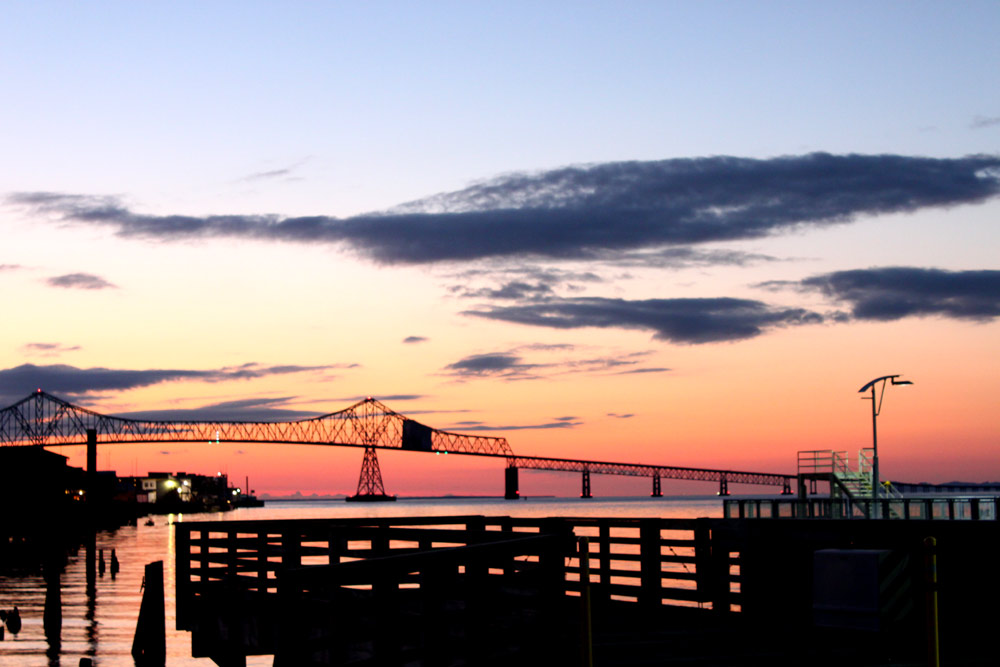
Astoria
More About Oregon Coast hotels, lodging.....
More About Oregon Coast Restaurants, Dining.....
 Andre' GW Hagestedt is editor, owner and primary photographer / videographer of Oregon Coast Beach Connection, an online publication that sees over 1 million pageviews per month. He is also author of several books about the coast.
Andre' GW Hagestedt is editor, owner and primary photographer / videographer of Oregon Coast Beach Connection, an online publication that sees over 1 million pageviews per month. He is also author of several books about the coast.
LATEST Related Oregon Coast Articles
Silent Disco at NPAC on January 10; Seafood Wine Fest runs February 19?22. Newport events
N. Oregon Coast First Day Hikes Include Near Astoria, Pacific City, Waldport
Free self-guided hikes in awesome places: Warrenton events, Coast Range, Portland events, Pacific City events, Waldport events
UPDATED: Sneaker Wave Alerts and High Surf Advisories for North Oregon Coast,...
From Florence to the very edges of Washington. weather
4.5 Quake Off S. Oregon Coast After A Week of Smaller Ones
Quakes on Dec. 15, 17, 20 and last night off Coos Bay, Bandon. Geology
UPDATE: Manzanita Declares State of Emergency After N. Oregon Coast Rains Beg...
Heavy rains saturated city-owned property, has begun to move. Weather
Train Derailment Shuts Down Some Central Oregon Coast Roads Briefly
It appears as if part of a train trestle gave way. Newport, Toledo, Depoe Bay. Traffic
South Oregon Coast First Day Hikes: Nature's Workout in Bandon, Coos Bay, Ree...
Hike near lighthouses or along the sands. Bandon events, Coos Bay events, Reedsport events, Florence events, Florence event, Port Orford events
Oregon Coast Traffic Work: Astoria, Depoe Bay and a Different Part of Highway 6
Astoria-Megler Bridge next year, Depoe Bay and OR 6 now
Back to Oregon Coast
Contact Advertise on Oregon Coast Beach Connection
All Content, unless otherwise attributed, copyright Oregon Coast Beach Connection. Unauthorized use or publication is not permitted





